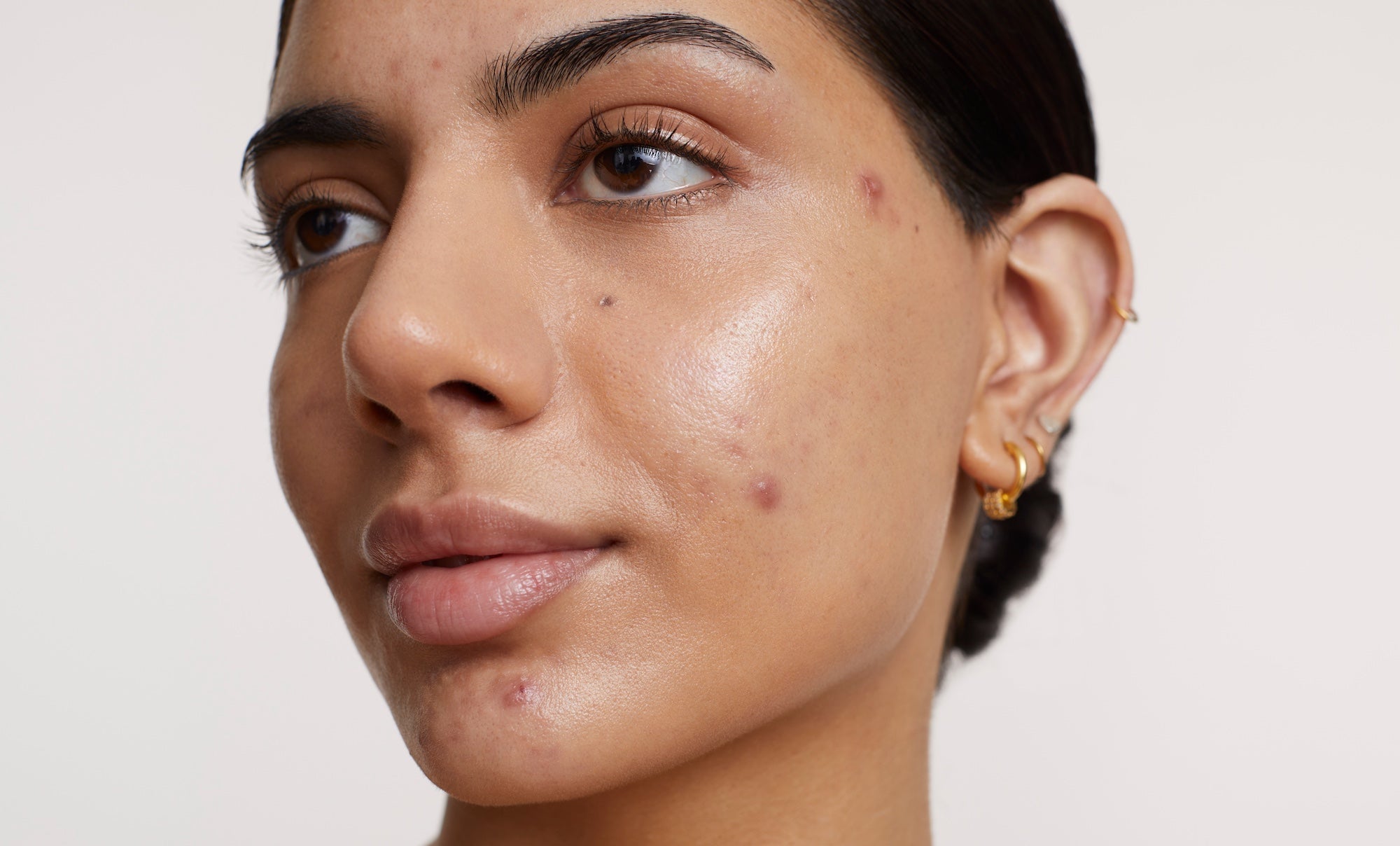
Dispelling Some of the Most Common Acne Myths
It's Acne Awareness Month, and a great time to dispel some of the most common myths about the skin condition. Acne is a deeply personal experience that can affect confidence and emotional well-being. Yet, despite its prevalence, myths about acne persist, often leading to confusion and ineffective treatments.
Let’s clear the air by debunking five common acne myths, guided by insights from dermatologists and estheticians.
Myth 1: Acne Is Just a Teenage Problem
While acne often begins during adolescence, it doesn't necessarily end there. Many adults continue to experience breakouts well into their 30s, 40s, and beyond. Factors like hormonal fluctuations, stress, and genetics play significant roles in adult acne. Dermatologist Dr. Ted Lain notes, "I’ve treated patients in their 30s, 40s, and even beyond. It’s a complex condition influenced by hormones, genetics, and lifestyle."
Myth 2: Popping Pimples Makes Them Go Away Faster
It might be tempting to squeeze a pimple, but doing so can push bacteria deeper into the skin, leading to increased inflammation, infection, and potential scarring. Dr. Lain advises against this practice, stating, "Picking, pulling, squeezing, scratching… none of them help. All they can do is lead to more problems and possibly worsen your acne."
Myth 3: Tanning Clears Up Acne
The idea that sun exposure can clear acne is misleading. While a tan might temporarily mask redness, UV rays can dry out the skin, prompting it to produce more oil, which may lead to further breakouts. Moreover, tanning increases the risk of skin damage and cancer. Dr. Lain emphasizes, "Sunlight is not the treatment of choice for acne because of the damage that can occur over the longer term."
Myth 4: Greasy Foods Cause Acne
There's a common belief that eating greasy foods like pizza or fries directly causes acne. However, research indicates that while diet can influence skin health, greasy foods aren't the primary culprits. High-glycemic diets, rich in sugars and refined carbohydrates, may exacerbate acne in some individuals. Dermatologist Dr. Joshua Zeichner explains, "Data has shown these foods can spike inflammation in the body, which may cause breakouts."
Myth 5: Acne Will Go Away on Its Own
While some mild cases of acne may resolve without intervention, many individuals require consistent skincare routines or professional treatments to manage their condition effectively. Leaving acne untreated can lead to prolonged breakouts and potential scarring. The American Academy of Dermatology advises that treating acne early can prevent it from becoming more severe.
Understanding the truths behind these myths is crucial in managing acne effectively. If you're struggling with breakouts, consider consulting a dermatologist or licensed esthetician to develop a personalized skincare plan. Remember, you're not alone in this journey, and with the right information and support, clearer skin is attainable.
For products designed to support acne-prone skin, explore Oxygenetix's breathable, non-comedogenic formulas that promote skin health without clogging pores.
Source:


发表评论
此站点受 hCaptcha 保护,并且 hCaptcha 隐私政策和服务条款适用。